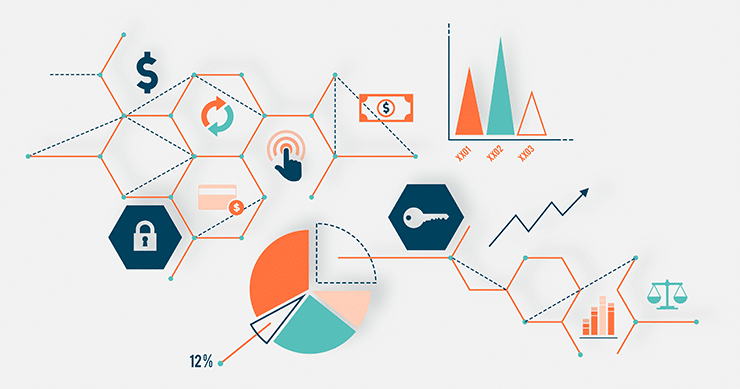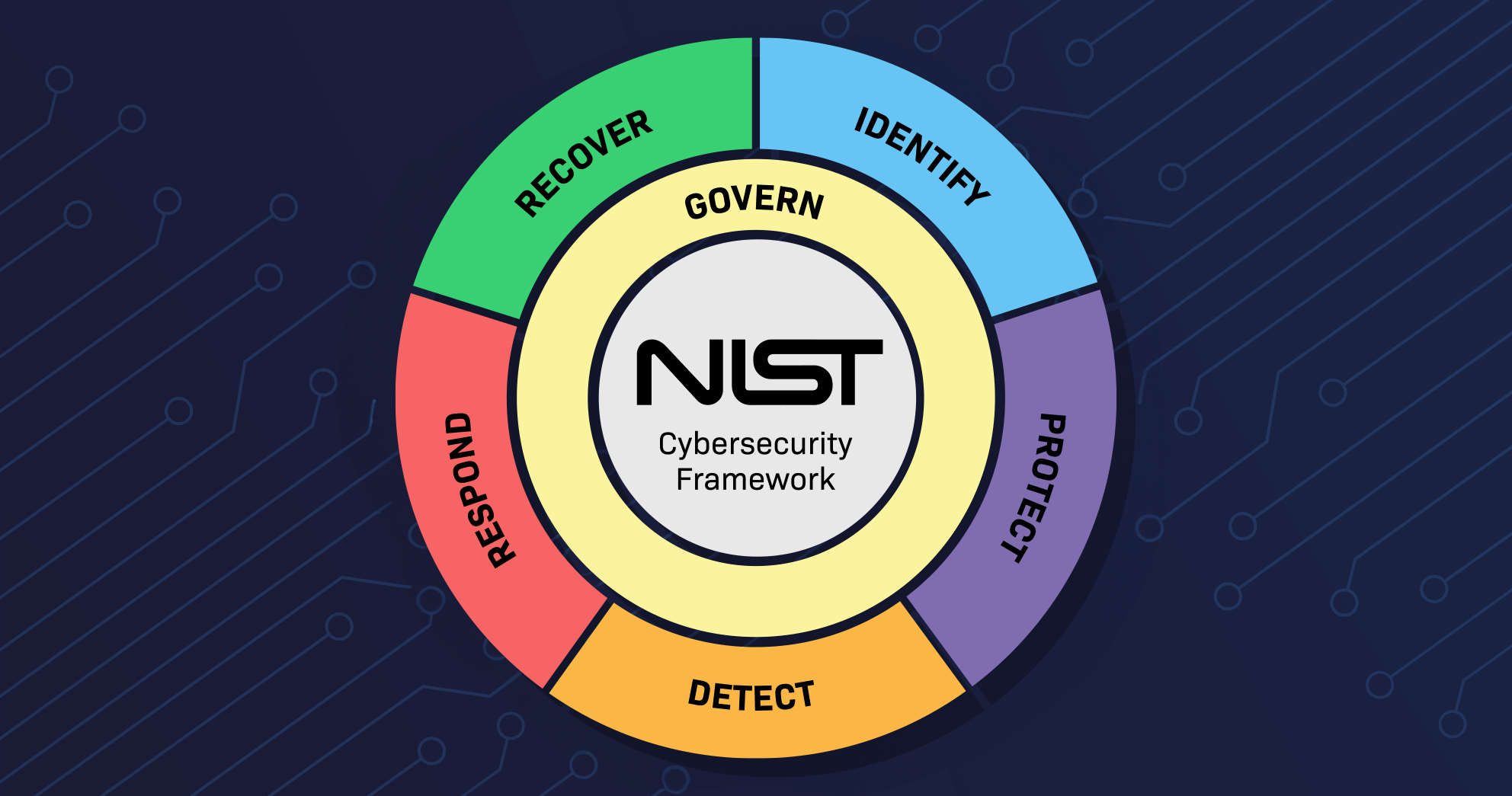#008 Fishy Business

The escalating cybersecurity challenges in healthcare are evident, with phishing attacks being a primary concern. David Baker of the Joint Commission emphasized the vulnerability of healthcare systems, noting that even minor lapses can compromise the entire infrastructure. This vulnerability is not just operational but also financial. Since 2020, healthcare data breaches have seen a 53% increase in associated costs, averaging $10.9 million per breach. This stark rise, as highlighted by an IBM report, is indicative of the unique challenges the healthcare sector faces, especially when compared to other industries like finance. The reasons for such a dramatic increase could be multifaceted, from the sensitive nature of medical data to the complex IT infrastructures in healthcare. Smaller hospitals, in particular, face the daunting task of bolstering their cybersecurity measures while ensuring optimal patient care, highlighting the need for industry-wide solutions and support.
3 Blog Post that Matter to You this Week

Achieving cybersecurity compliance is crucial for organizations to protect themselves from liabilities. However, merely adhering to regulations like HIPAA and NIST CSF isn't sufficient. Cybercriminals continuously innovate, exploiting vulnerabilities not covered by these regulations. Many compliant institutions still fall victim to attacks. While compliance is standardized, cybercriminal tactics are diverse and evolving. Organizations need a multi-layered security strategy, going beyond compliance, to address real-world risks and threats.
Why It Matters to Businesses:
- Compliance Doesn't Equal Security: Just because a business meets compliance standards doesn't mean it's fully protected from cyber threats.
- Evolving Threat Landscape: Cybercriminals are always innovating, and businesses need to stay ahead to protect their assets and reputation.
- Business Impact: A cyberattack can have devastating financial and reputational consequences for businesses, making proactive cybersecurity essential.

Organizations globally face new challenges and risks, from economic downturns to cyber threats. This "new normal" requires businesses to adapt and prioritize risk management to ensure resilience and continuity. The article emphasizes the importance of integrating risk considerations during planning, effective risk identification, and prioritization. Understanding and effectively managing these risks is crucial for businesses aiming for long-term success. Why should this matter to businesses? A proactive risk management approach not only safeguards against potential threats but also identifies opportunities, ensuring sustainable growth and resilience in an unpredictable environment.

Balbix discusses the evolution of the NIST Cybersecurity Framework from version 1.1 to 2.0. This update is pivotal, emphasizing a comprehensive and adaptive approach to risk management. The latest draft introduces a new function, 'Govern', to assist organizations in mitigating cybersecurity threats. This draft, shaped by feedback from Fortune 500 companies, is open for public comments until November 4, 2023, with the final version expected in early 2024. For businesses, adopting these guidelines ensures a robust cybersecurity posture, essential in today's dynamic threat environment.
Have a great week,
The Cycore Secure Team
Cycore Secure partners with organizations to build cyber resilience and ensure compliance. Founded in 2022 and based in Miami, we are a security and compliance firm serving clients globally. Our founding team has decades of experience as security leaders, and compliance experts across highly regulated industries. Cycore Secure offers virtual CISO services , cyber risk assessments, compliance auditing and management for HIPAA, PCI DSS, SOC 2, and third party risk management. Learn more at cycoresecure.com or in our weekly newsletter.


